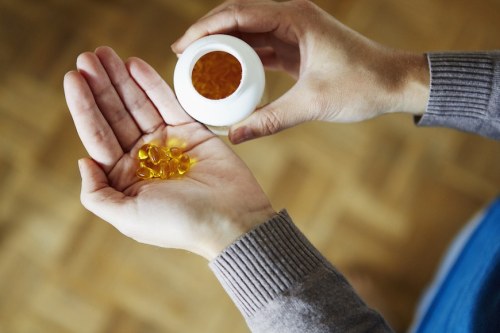Do you know what’s in your supplements? “Tested to Be Trusted” at CVS makes sure you do
CVS Pharmacy announced the "Tested to be Trusted" program that requires third-party testing of all vitamins and supplements.

There’s no question that drug stores profit handsomely from the sale of supplements. It’s a $101 billion industry, in fact. But since the Food and Drug Administration’s oversight is limited, the content of each capsule is less certain. On Wednesday, CVS Pharmacy announced the “Tested to be Trusted” program that requires third-party testing of all vitamins and supplements sold at its 9,900 locations and online. The new program aims to confirm the accuracy of ingredients while ensuring products are free of specific harmful contaminants. In a press release, CVS says 1,400 vitamins and supplements from 152 brands underwent testing, and 7 percent failed, prompting the company to pull products from store shelves if manufacturers didn’t make changes to the label. “You have standards. So do we, reads the company’s website.
The supplements industry has always been the wild west of wellness. The FDA “regulates dietary supplements under a different set of regulations than those covering ‘conventional’ foods and drug products.” The FDA cracks down misbranding, but it doesn’t actively test for label accuracy or quality control. In a study published in the Journal of the American Medical Association, researchers found nearly 800 supplement products containing active ingredients not listed on the label. While the new program at CVS is encouraging, there has always been a “buyer’s beware” caveat with supplements, leaving it to the consumer to do the research on a company’s testing for product safety and effectiveness.
Below, a registered dietitian reveals the supplements every woman should consider after finding a trustworthy brand.
Here are more tips on how to shop for supplements and when to take them.
Sign Up for Our Daily Newsletter
Get all the latest in wellness, trends, food, fitness, beauty, and more delivered right to your inbox.
Got it, you've been added to our email list.










